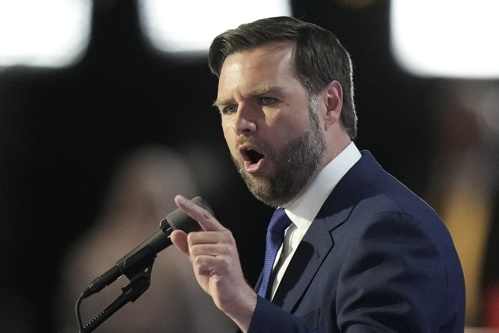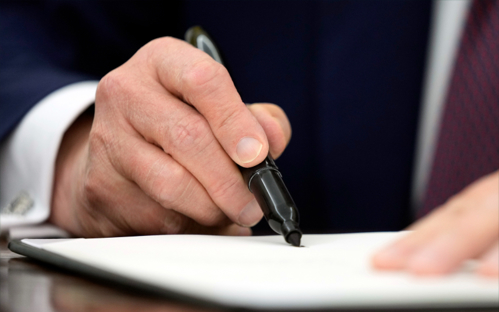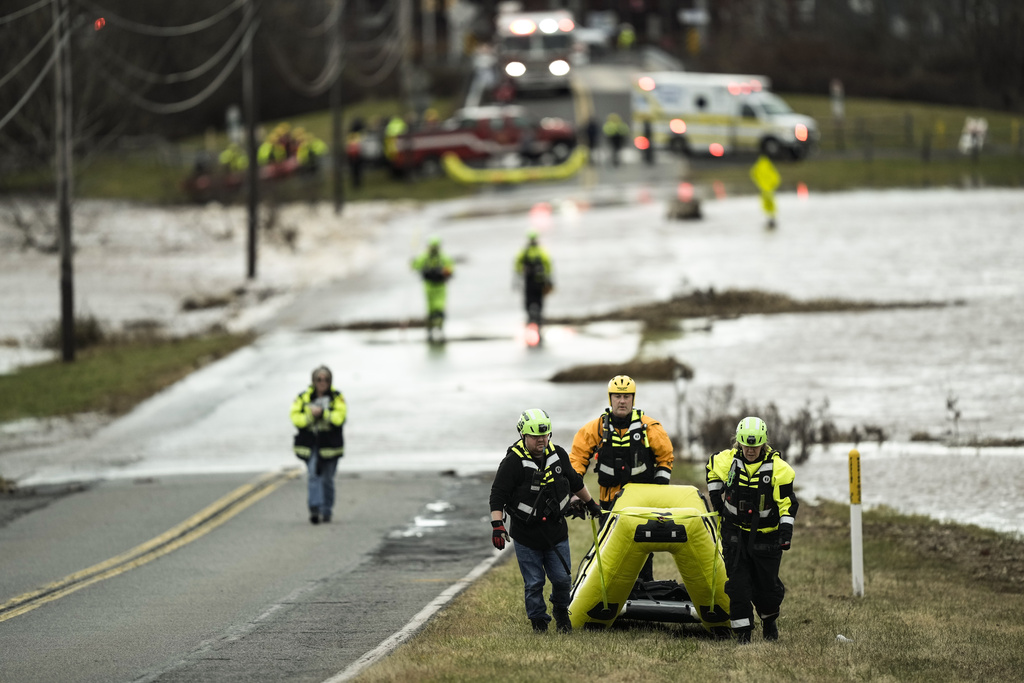The world gathered in Paris this week to chart the future of Artificial Intelligence. Sixty nations signed on to a declaration that pledged to make AI accessible, transparent, secure and trustworthy.
The U.S. and Great Britain declined to add their names to the list. Vice President JD Vance addressed the conference in the spacious, glass domed Grand Palais, and said the agreement will lead to censorship and a strangling of advances in the field.
“The Trump administration is troubled by reports that some foreign governments are considering tightening the screws on U.S. tech companies with international footprints,” he said. Trump signed an Executive Order last month to deregulate and spur U.S. innovation in AI.
Trump signed an Executive Order last month to deregulate and spur U.S. innovation in AI.
“Now on the president's recent executive order on AI, we're developing an AI action plan that avoids an overly precautionary regulatory regime, while ensuring that all Americans benefit from the technology and its transformative potential,” Vance said.
On par with other giant steps
Vance says AI will be just as impactful as the industrial and computer revolutions.
“Now, at this moment, we face the extraordinary prospect of a new industrial revolution, one on par with the invention of the steam engine or Bessemer steel, but it will never come to pass if overregulation deters innovators from taking the risks necessary to advance the ball.”
He says the prize will go to the bold and innovative, and that the US is poised to lead the way.
“The AI future is not going to be won by hand wringing about safety. It will be won by building from reliable power plants to the manufacturing facilities that can produce the chips of the future.”







